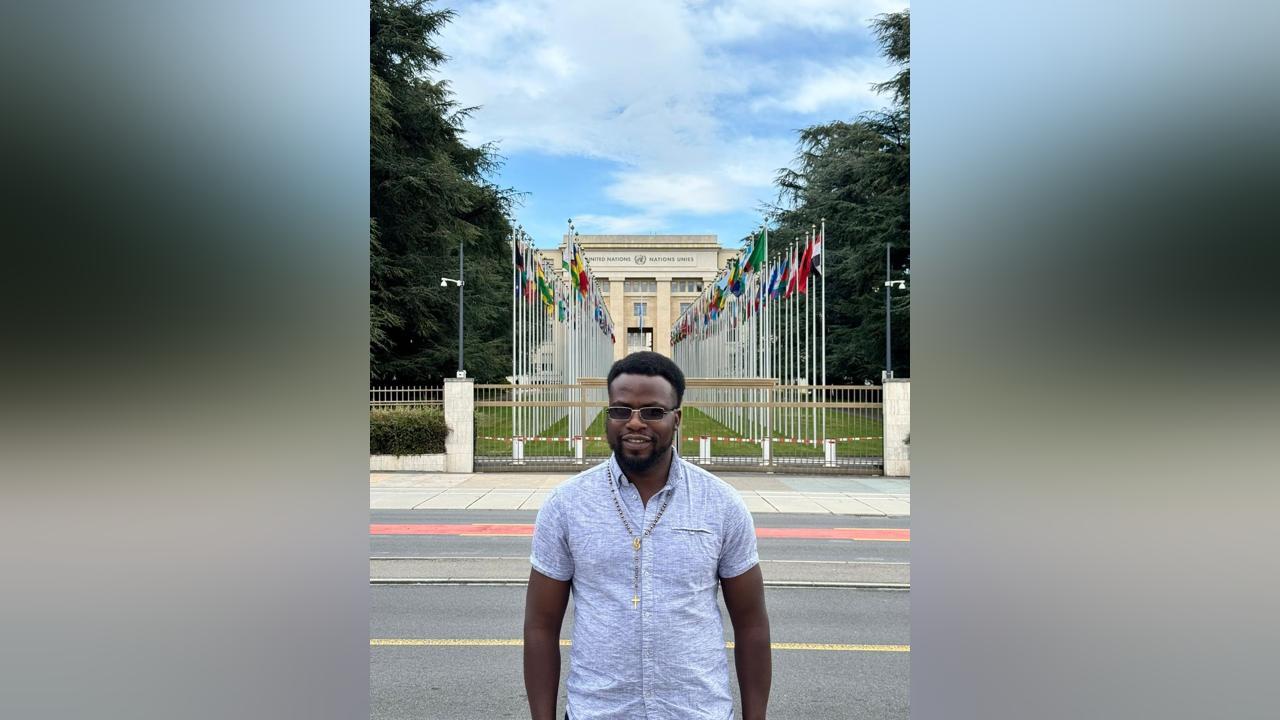By Victoire Fikiri Gakuru
Africa-Press – Uganda. Diplomats convene in Qatar to discuss peace in the Democratic Republic of Congo (DRC) but on-the-ground dynamics along with developments in adjacent capitals reveal a more alarming situation.
Congo’s destiny now depends on both negotiators and hidden actors because violence is rising in the east while rebels get new arms. Uganda stands at a decisive point where its dedication to peace in the region is being tested.
President Félix Tshisekedi proposed to enter a minerals-for-security agreement with the United States in March 2025 where Congo’s cobalt, copper, and lithium reserves would be exchanged for American support against rebel groups such as M23.
While the deal has yet to materialize, it marks a turning point: Congo is actively searching for new partners to protect its mineral-abundant regions that have been a target for armed groups and international middlemen.
The proposed deal that attracted attention from Trump’s team would redistribute power dynamics in eastern DRC and faces resistance from certain parties.
Resistance to peace efforts emerges from the M23 rebel group whose intensified attacks endanger the negotiation process. Disturbing indications of indirect support from Ugandan territory add complexity to the situation.
The United Nations Group of Experts documented regular passage of M23 combatants and their Rwandan supporters through Ugandan towns Bunagana and Kisoro during 2023 and 2024.
The reports identified Ugandan military intelligence as operators who coordinated logistical support with M23 leaders inside rebel-controlled regions.
Ugandan soldiers reportedly entered Congolese territory through Kitagoma on January 27, 2024, where they operated under M23 control.
These discoveries point to more substantial cross-border dealings than simple border leakage. The evidence shows an implicit partnership between UPDF members and the rebel group fighting against the Congolese government. These actions weaken Uganda’s standing within the East African Community and its proclaimed commitment to regional peace initiatives.
The public announcements of Uganda’s Chief of Defense Forces General Muhoozi Kainerugaba contribute to the rising tension.
The Chief of Uganda’s Defense Forces used X (formerly Twitter) in April 2024 to declare support for M23 and urged them to advance toward Kisangani while referring to them as “my Tutsi relatives.” Congolese citizens perceived Muhoozi Kainerugaba’s statement as confirmation of another invasion.
Ugandans deserve to ask: Which parties benefit from these declarations? The Ugandan border traders and communities have endured substantial damage since the M23 group took control of the Bunagana crossing in 2022.
The key route closure has severed essential trade connections and caused Uganda to lose millions in customs revenue. During this time illegal commodities keep moving which strengthens rebel groups instead of benefiting regional markets.
The fundamental struggle of this conflict centers on who holds power over Congo’s riches and who stands to gain from them.
The planned U.S.–Congo minerals agreement aims to introduce better transparency and regulation into a sector that has been plagued by smuggling and exploitation for years.
The deal presents a danger to informal networks which thrive on instability. High stakes exist because this situation affects both Congo and Uganda.
Uganda needs to decide its path now. The decision stands before Uganda to either back the peace process with respect for Congo’s sovereignty and opposition to military meddling or face complicity in perpetuating a war which has claimed 6 million lives.
This is not a call for confrontation. This plea emphasizes the need for accountability and transparency alongside a collective dedication to maintaining peace throughout the Great Lakes region.
Uganda’s future is intertwined with Congo’s. The Democratic Republic of Congo would become a superior neighbor and stronger business partner while acting as a more dependable international ally if it achieves political stability and economic growth.
Silence during times when rebels receive support and military boundaries become indistinct places one on history’s incorrect side. The Congolese people along with Ugandans warrant improved circumstances.
As a Congolese writer I work to promote peace and justice throughout the Great Lakes region.
My academic background includes a BA in Political Science with a Public Law specialization from SUNY Buffalo State University and I am currently a graduate student in Diplomacy and International Relations at the School for International Training (SIT).
My work examines ways to resolve conflicts while supporting human rights alongside ethical practices in global development.
Source: Nilepost News
For More News And Analysis About Uganda Follow Africa-Press






